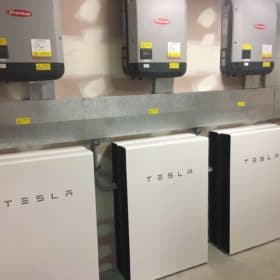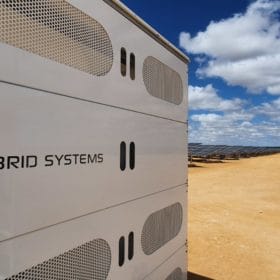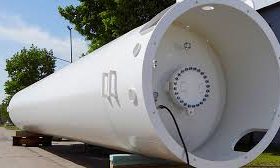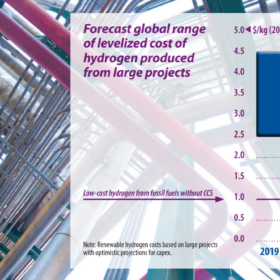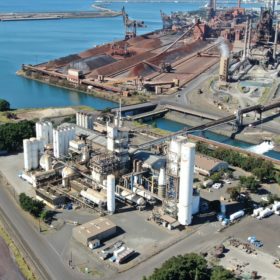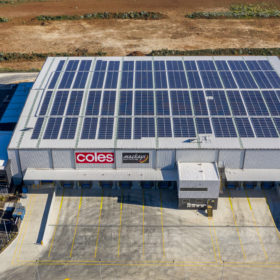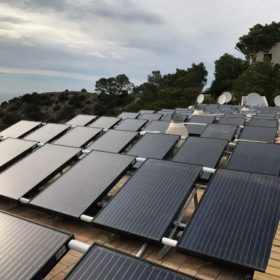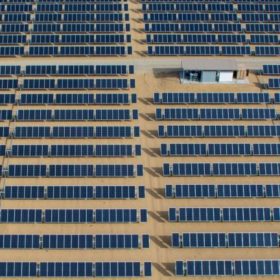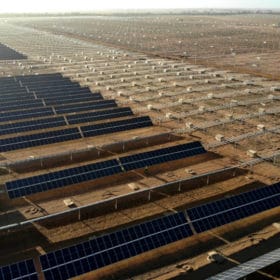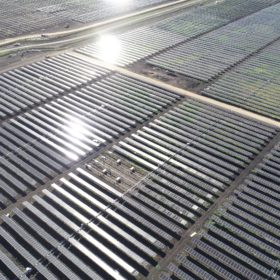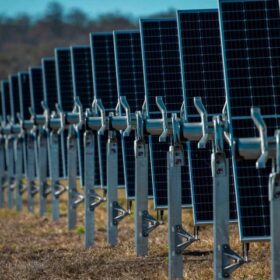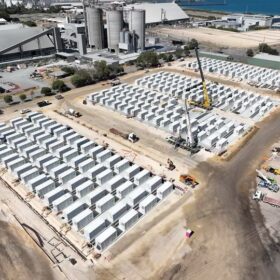SunWiz 2020 Australian battery-energy-storage market round-up — steady as she grows
Battery capacity in the distributed and large-scale sectors continues to grow, according the annual reckoning of the SunWiz oracle. Although still a complex proposition, for homeowners, battery potential is beginning to be utilised in the hundreds of megawatts by governments and utilities, with some interesting side hustles in the mid-sized energy-storage category.
Massive mineral sands project made more viable by solar-hybrid energy supply
Have we reached a tipping point, from building the case with mining companies for deploying renewable energy … to where renewable energy is helping to build the case for mining?
Hydrogen supply-chain opportunities: German & Australian SMEs meet today
Hydrogen offers so much potential to decarbonise industry and transport, and the race is on to resolve the complexities of cost and supply. How can German-Australian collaboration integrate existing and emerging technologies for accelerated outcomes?
Saturday read: More than just a pipe dream
When coupled to gigawatt-scale solar and wind generation, green hydrogen could be the clean fuel to unlock hard-to-electrify sectors of the economy. But first it must be transported cost-effectively to where it’s needed.
Coregas set to build hydrogen refuelling station at BlueScope Steelworks
The largest Australian-owned gases company, Coregas, has received funding from the New South Wales Government to develop a hydrogen refuelling station at the Port Kembla site of BlueScope Steelworks. The station will work to support the introduction of zero emission hydrogen fleet vehicles in the region and greater New South Wales.
Supermarket giant commits to bring emissions down, down, down
Australian supermarket giant Coles Group has fired the latest salvo in the supermarket wars, announcing on Friday it will commit to 100% renewable electricity by 2025.
PV-thermal technology earns tick of approval from IEA
Solar module developers have long recognised the detrimental effects heat has on cell performance but West Australian company Sunovate has pointed to solar PV-thermal (PVT) technology as an opportunity to value add by improving efficiency.
New report identifies digitalization as renewable energy driver
Digitalization is expected to play an increasingly important role in the renewable energy sector with a new international report highlighting it as critical for the continued expansion of wind and solar PV power generation.
ANU experts claim doubling rate of renewable deployment only path to net zero
Experts from the Australian National University have published a technical paper in which they argue a doubling of the rate of deployment of solar and wind would cut Australia’s carbon emissions 80% by 2040.
Risen gets Green light for 80 MW string of solar PV projects
With ambitious plans to establish a 2 GW renewable energy portfolio in Australia, solar PV module supplier and project developer Risen Energy has signed a deal with Green Gold Energy (GGE) to jointly develop and construct a string of solar projects totalling 80 MW.
